According to the State Treasury, the implementation of a new management model, especially at the commune level, cannot avoid initial difficulties and obstacles due to the complexity of financial operations and changes in organizational structure.
Along with issuing a series of documents to create a clear and synchronous legal corridor, helping localities have a basis to implement financial and budgetary tasks in the new government model, the State Treasury (KBNN) proactively listens, receives and promptly resolves problems from the grassroots with the highest sense of responsibility.

Specifically, a support hotline was set up to receive and promptly handle requests for professional services from localities. To date, many requests for support from localities have been promptly handled and resolved. In addition, the State Treasury has also received and supported nearly 2,000 requests from regional State Treasury agencies regarding the conversion to a two-tier local government model.
In particular, the State Treasury has provided guidance on opening accounts for commune-level budget-using units in accordance with regulations. The types of accounts that commune-level financial agencies, Party units, national security and defense units, and budget-using units are allowed to open at the State Treasury are all clearly regulated.
For some units and localities that are currently slow in paying salaries and other essential expenses, the State Treasury determined that it is due to a number of subjective reasons at the unit such as: no account, no seal, no accountant identified... Therefore, to ensure that the payment of salaries and other salary-related expenses, professional fees, and public service fees are smooth during the transition period, the State Treasury has provided detailed instructions on account opening procedures and payment control according to Decree 11/2020/ND-CP and Circular No. 17/2024/TT-BTC.
In particular, the State Treasury has provided specific guidance to budget-using units on the principles of payment control, ensuring that the payroll quota is not exceeded, consistent with the assigned budget, and implementing temporary budget allocation in cases where the People's Council and People's Committee have not yet decided to allocate the budget.
Many localities are unclear about the process of entering budget estimates into the Treasury and Budget Management Information System (TABMIS) at the commune level. The State Treasury has affirmed that for commune-level budgets, the State Treasury where the transaction takes place will enter and approve budget entries on TABMIS and enter payment orders for commune-level budgets. This helps localities feel secure about the professional support from the State Treasury during the transition period.
The issue of deposit accounts remaining at the district-level State Treasury after the implementation of two-level local government is one of the major concerns. The State Treasury has clearly answered, based on Resolution No. 190/2025/QH15 of the National Assembly and Official Dispatch No. 4205/BTC-NSNN dated April 2, 2025 of the Ministry of Finance .
Accordingly, the agency or organization receiving the task will receive these accounts in their original state to continue managing and processing them according to regulations, and at the same time instruct the unit to contact the State Treasury where the transaction took place to carry out procedures to change legal documents or transfer data to the appropriate place. This ensures continuity and no interruption in financial management.
Source: https://hanoimoi.vn/kho-bac-thao-go-vuong-mac-khi-thuc-hien-chinh-quyen-dia-phuong-hai-cap-710844.html


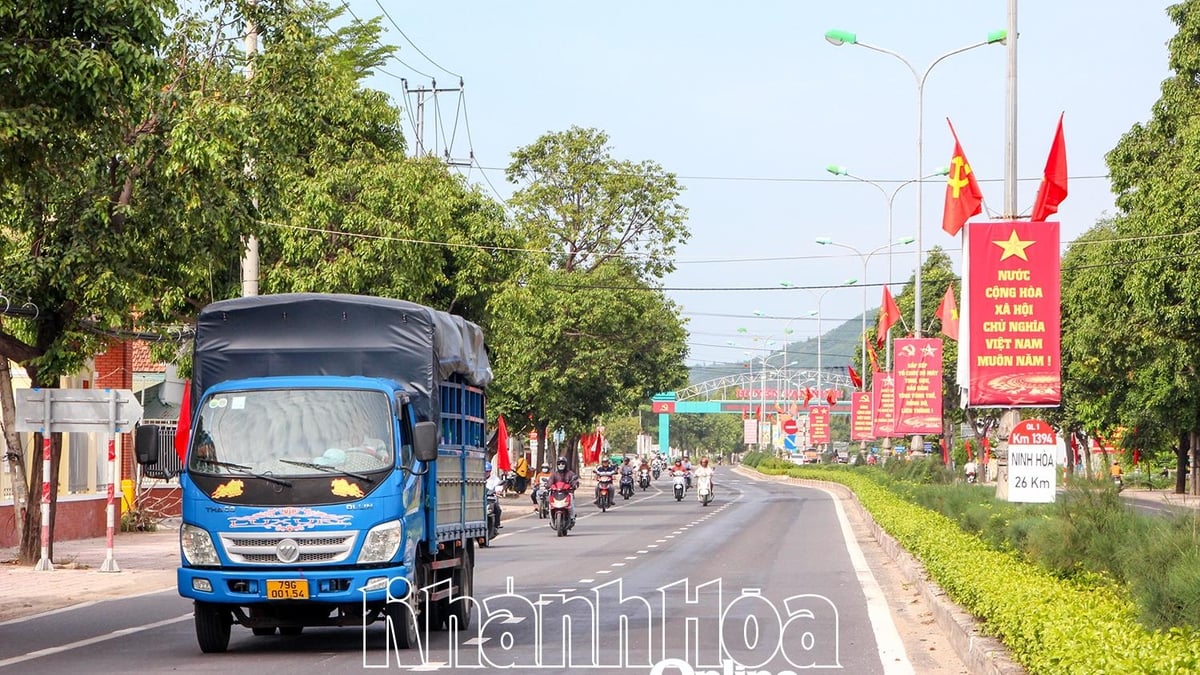


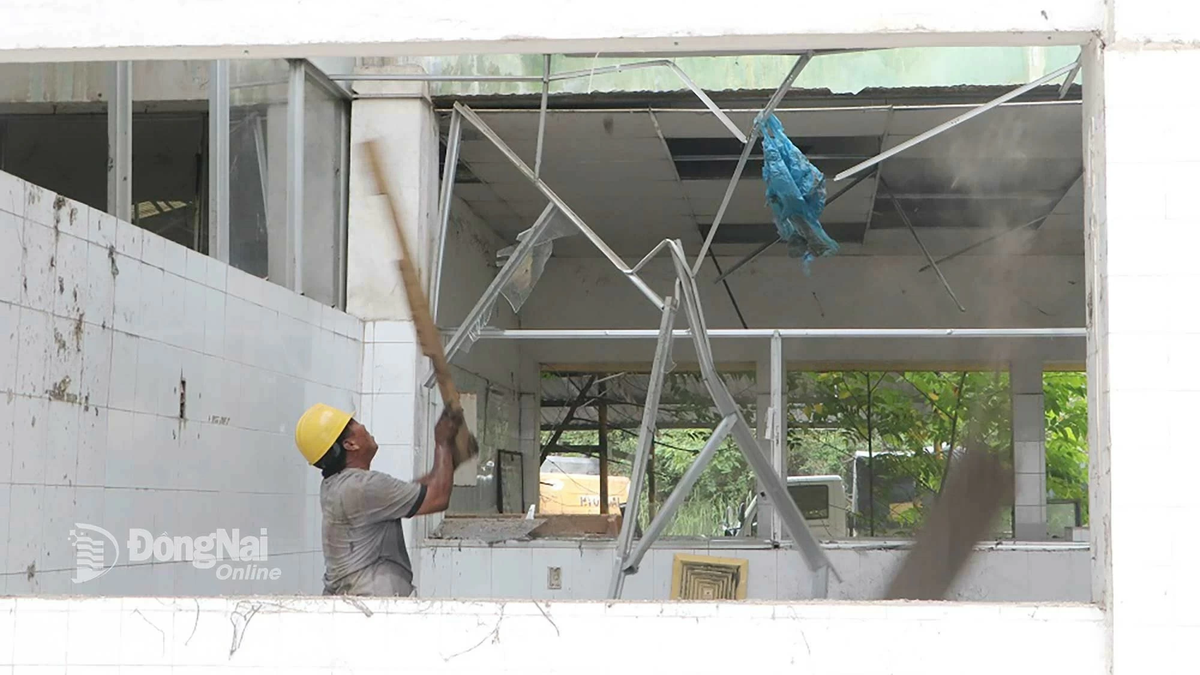
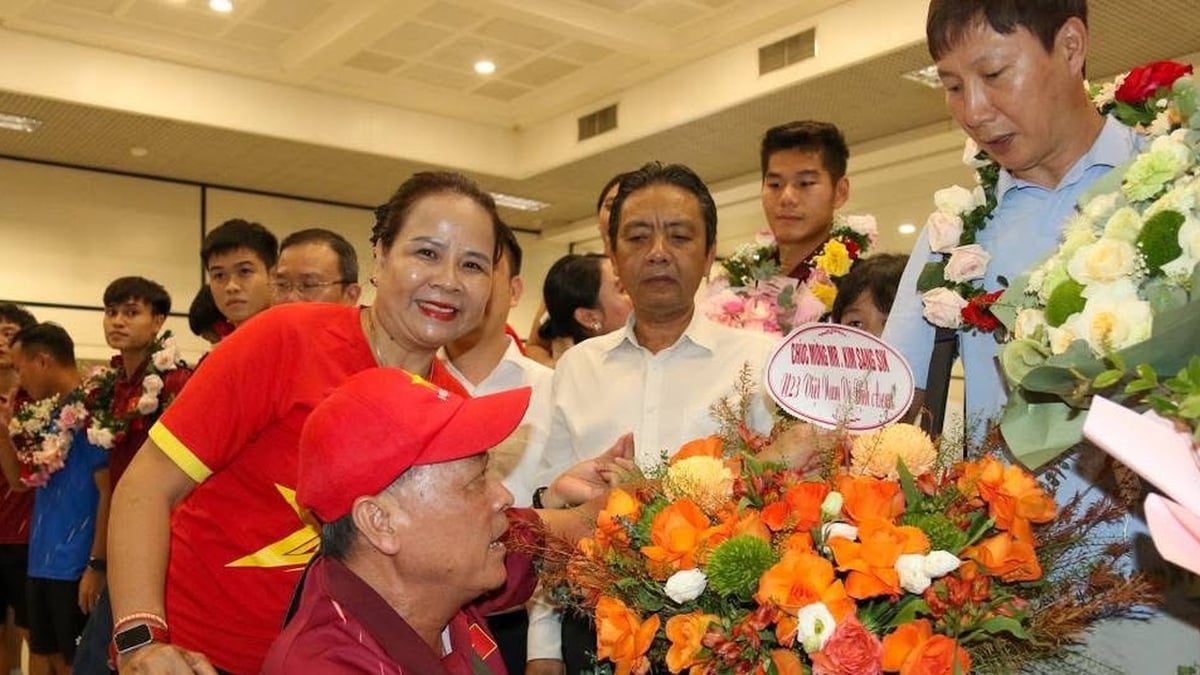
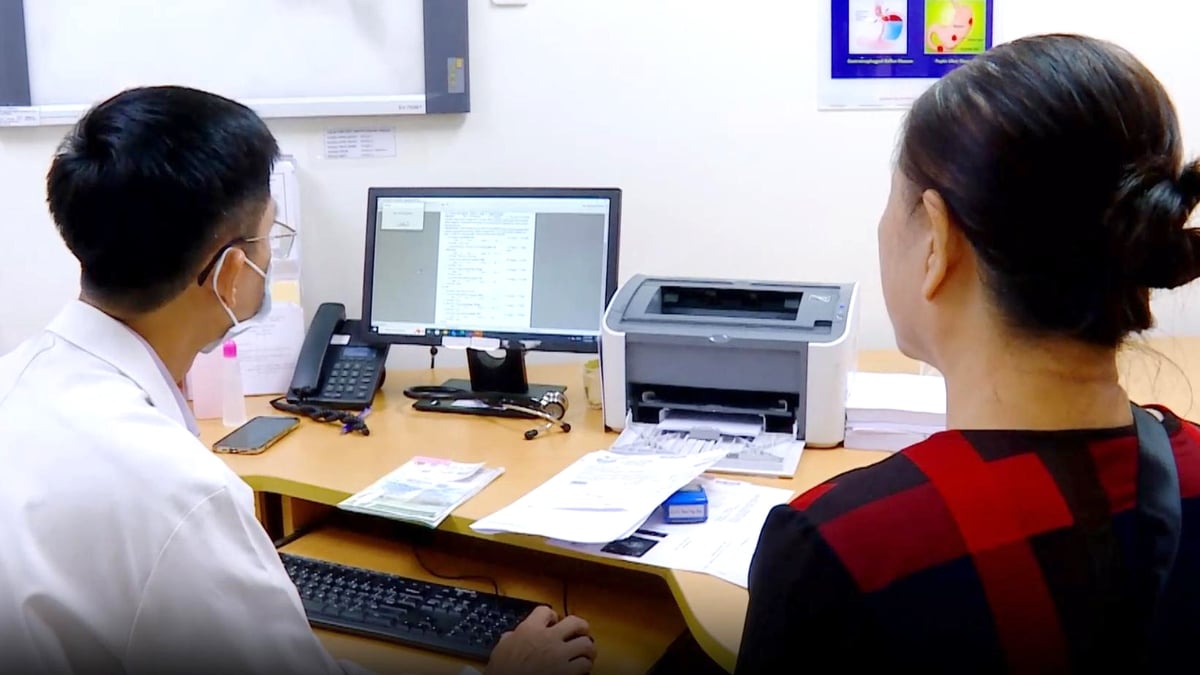
















































![[Maritime News] Container shipping faces overcapacity that will last until 2028](https://vphoto.vietnam.vn/thumb/402x226/vietnam/resource/IMAGE/2025/7/30/6d35cbc6b0f643fd97f8aa2e9bc87aea)











































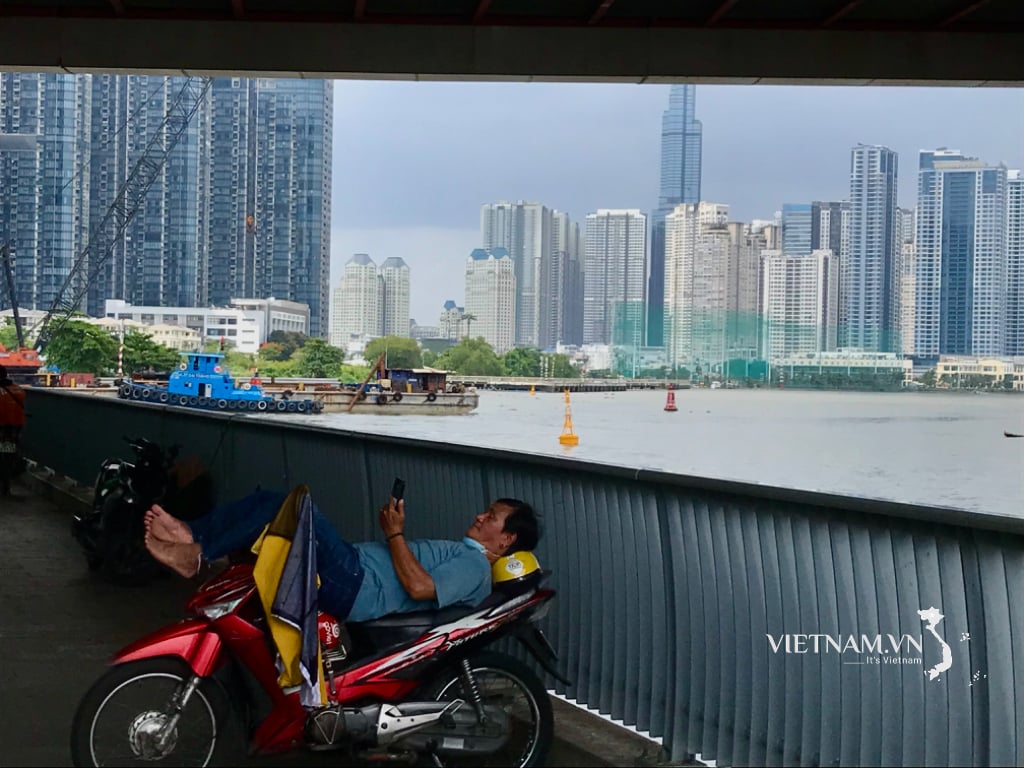
Comment (0)